Display for the blind, elimination of ‘white oil spill’: projects presented at Innovation of the Year
Future unicorn start-ups are born in Tatarstan, the Academy of Sciences of the Republic hopes
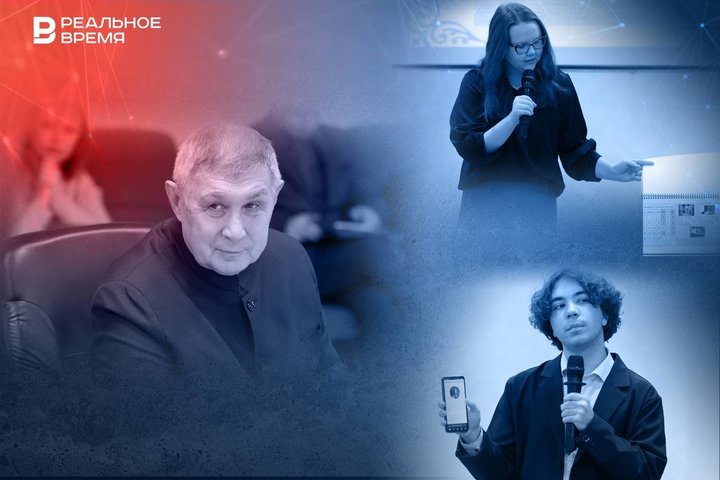
An electromechanical Braille cell, a chemical for eliminating the spill of gas condensate, a robotic constructor floating under water — these are just some of the projects that Tatarstan schoolchildren presented at the Academy of Sciences of the Republic of Tatarstan on 20 November. The in-person stage of the examination of applications submitted for the republican competition Innovation of the Yea started here. University students and regional companies also took part in it. A correspondent of Realnoe Vremya attended the defence of the projects.
Future Tatarstan unicorn start-ups
Innovation of the Year is a transformation of the already well-known 50 Best Innovative Ideas for the Republic of Tatarstan competition. Now it has a new stage of selecting winners: in-person defence of projects. Without personally communicating with the authors of the application, the jury risks making a mistake, explained Director of the Investment and Venture Fund of the republic Damir Galiyev. He added that the competition is now more focused on practice:
“Now it is not enough to describe some idea or project. It is necessary to make an effort to implement it. Some kind of prototype must appear. It is desirable to have the first sales, especially if we are talking about start-up nominations. It is not enough to even establish a legal entity.”
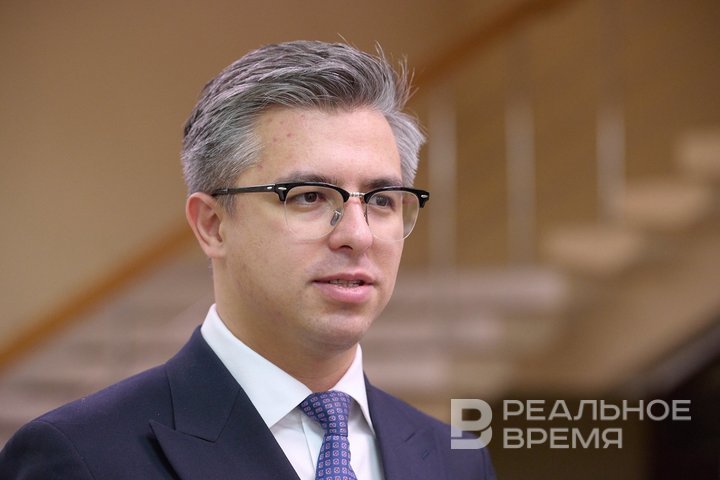
The competition is held in five nominations: Perspective (in which schoolchildren participated), Student Start-up, Intellectual Property, Technological Company, Corporate Innovation. The prize fund of Innovation of the Year is 5 million rubles. Depending on the chosen nomination, the winners will receive from 100 to 500,000 rubles. But participation in the competition is only the beginning of their journey, emphasised the President of the Academy of Sciences of Tatarstan Rifkat Minnikhanov. In the future, by continuing to develop their projects, talented young people will be able to receive support from other funds and organisations.
This year, the competition received 514 applications from student start-ups, technology companies and corporations. Most of the ideas were submitted by school and university students: 41% of applications were in Perspective nomination, 30% in Student Start-up nomination.
“If we talk about the industry breakdown, then most of the applications [were] in the areas of information technology, chemistry and petrochemistry, new materials. The development of agrobiotechnology and health are also quite popular,” said the director of the Investment and Venture Fund of the republic
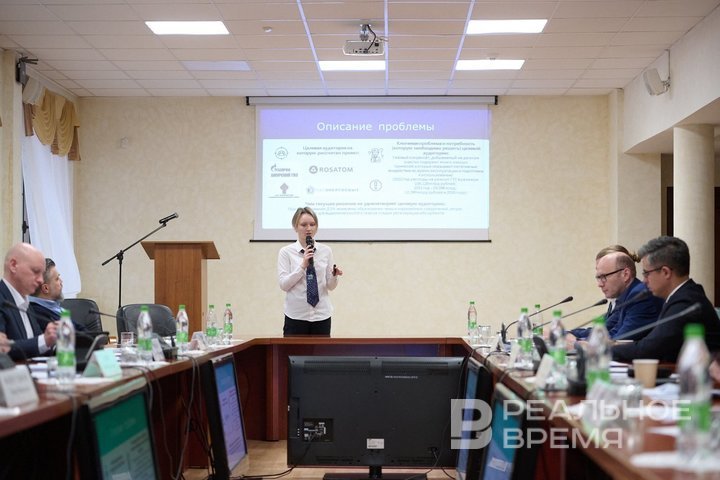
In his opening speech, Rifkat Minnikhanov asked how many unicorns the republic should grow by 2050. No less than two, was the answer. “Maybe one of you sitting here will create them!” the president of the Academy of Sciences of Tatarstan addressed the schoolchildren.
Braille cell and a robotic constructor floating underwater
The range of topics that the children chose for their projects was impressive. The young startuppers managed to develop an electronic manual for studying folk holidays in elementary grades, and a pass system in schools, and a voice assistant that prompts traffic rules, and even found a new way to model the purification of natural gas. Student of the Engineering Boarding School of Kazan Aviation Institute Daniil Zakharov presented a renewable electrochemical Braille cell. It is needed for the production of special displays that allow the blind to use computers and other electronic devices.
“An old lady lives on my floor. It happened so that she has no relatives left. I visit her from time to time and try to help her with something. She is blind, and I became interested in the question of how people in her situation can read the news. It turned out that such devices already exist, but their cost is too high, and elderly people cannot afford them,” Daniil said about how the idea for the project came about.
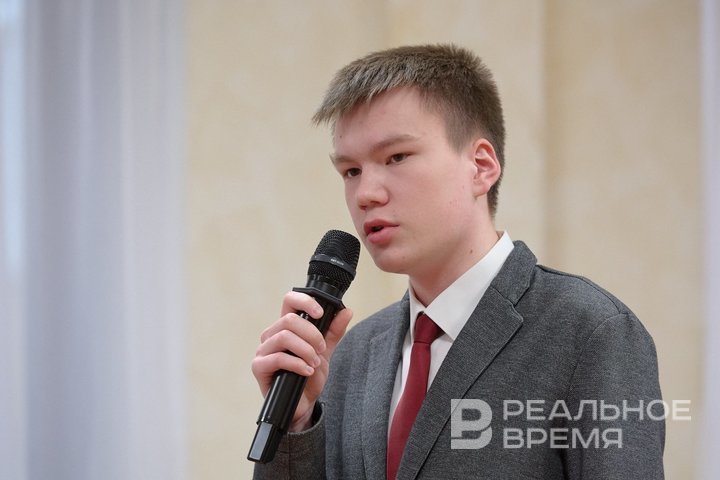
According to him, thanks to the use of simple components, the cost of the Braille cell he made does not exceed 880 rubles. A full-fledged display will cost 39.1 thousand rubles, which is significantly cheaper than the models that exist today.
A robotic Nerpa kit moving in water was presented by a tenth-grader of Kazan Gymnasium No. 96 Zakhar Vorikov. According to him, such a device can be used in school lessons and in robotics clubs. Thanks to Nerpa, children will be able to learn both programming and design at the same time.
“Nerpa dives to a depth of up to a meter. Using the remote control, you can control it both vertically and horizontally,” the schoolboy said.
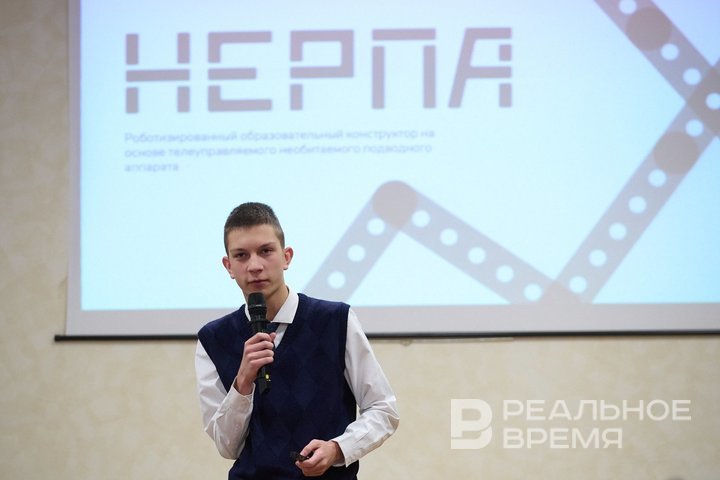
The parts of the constructor are printed on a 3D printer. According to Zakhar, Nerpa will cost buyers 150,000 rubles, while the cost of similar products varies from 300 to 500,000. Thanks to this, the constructor will be more accessible to schools and clubs that cannot afford to purchase expensive equipment.
Year Eleven students from a chemical boarding school — a branch of Kazan National Research and Technological University Daria Zhilyakova and Arina Popova developed a dispersant for eliminating the spill of so-called “white oil”— gas condensate. The chemical breaks the spill into smaller droplets that can be absorbed by bacteria living in the water. The schoolgirls hope that large companies will be interested in the development.
“We eliminate spills in water. They can appear as a result of accidents on ships that transport various oil products, including gas condensate. Dispersants for eliminating oil spills already exist, but no one has developed one for gas condensate yet,” said Daria.
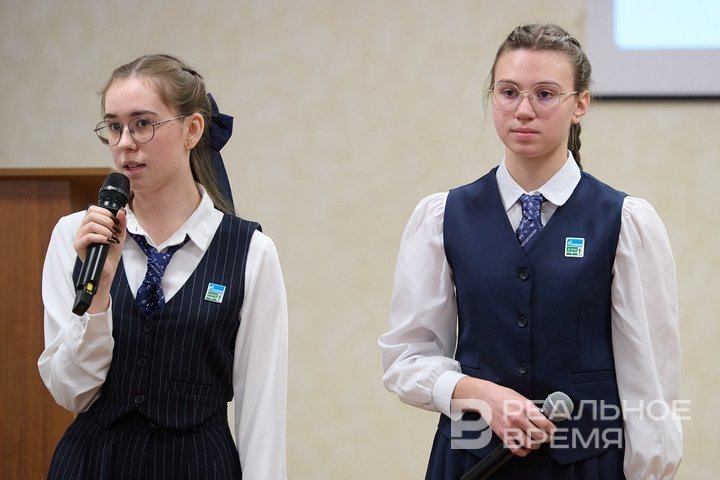
“I was pleased that the guys even have experimental batch samples”
The names of the winners are still a secret: they will be announced later at meetings of related ministries. The jury admitted that they were pleased with the level of preparation of the participants. Some schoolchildren worked on their projects at the level of university graduates, noted CEO of the Idea Technopark Dias Safin.
“This is my first time on this expert council, and for me it is very interesting and indicative that the young men and women who defended their projects approached it very seriously. I was pleased that some of the guys even had prototypes, that is, they not only developed projects in theory, but also put their efforts into practice. I think that we, as the Lobachevsky Foundation, the Idea Technopark, regardless of the results that the guys have, will subsequently provide an opportunity to develop projects, support them and give the right advice on how to move forward,” he shared with Realnoe Vremya.